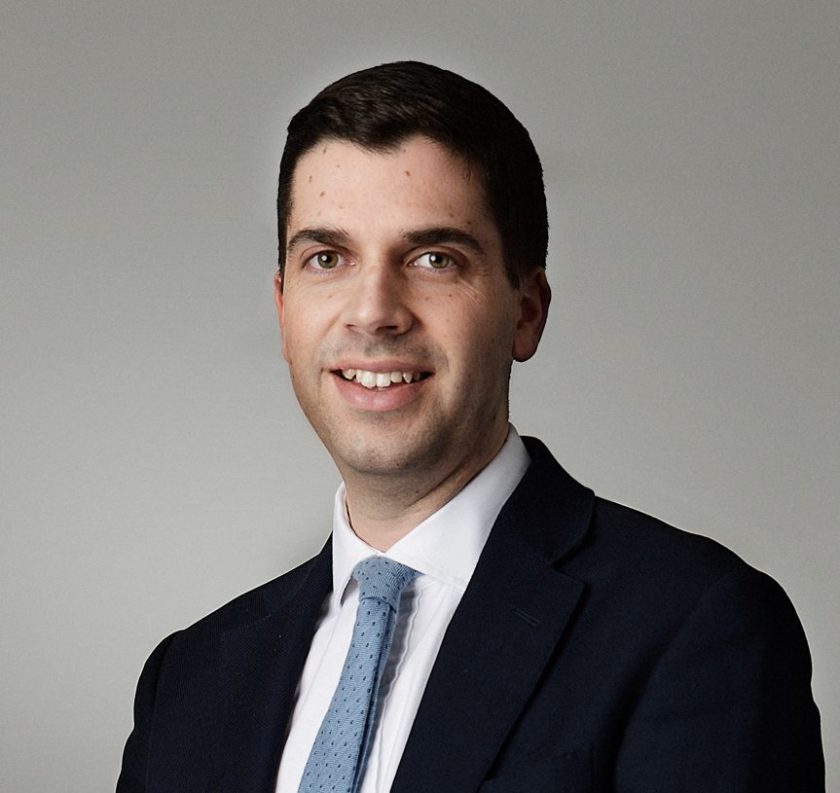What might the market see in the Self Invested Pension Sector in 2021? Will Self, CEO, Curtis Banks takes a view
In the light of how decisively 2020 has shown that plans can change without warning, it might seem rather optimistic to make predictions for 2021. However, given the events of 2020 and the lessons we can learn from them, there are a number of things I believe we will see happen in the self invested pension (SIPP) sector in 2021.
First and perhaps foremost, I believe we will see a greater focus on technology, and technological advancements. In 2020 many providers had to adapt very quickly to make sure that their customers could still access the services they required. The pensions industry hasn’t always been the fastest to embrace new technology, but it’s likely that going forward there will be less tolerance for providers that fall too far behind. After this year, advisers and clients will have higher expectations, and providers will need to meet them in order to remain competitive and relevant.
This will require more than just reacting to changes as they come along: to be in the best position possible, providers will need to be proactively investing in their businesses as well. Firms will struggle to be agile enough to adapt quickly to sudden changes if they have already fallen behind in general. I expect advisers’ due diligence checks on providers will ask more questions about a firm’s commitment to, and investment in, technology to support their proposition.
That said, the SIPP industry is not filled with an abundance of exciting technology. Nor does it particularly need to be. If a firm is only investing sporadically in new innovations that ultimately don’t add much to their customers’ experience and become outdated very quickly, this should raise red flags as well. SIPP providers don’t necessarily need all the latest bells and whistles – advice firms should look for providers that are focusing their investment in robust systems that will support good long term service for their clients.
In 2021 I also expect that we will see the outcomes of more instances where firms have historically focused their time and resources chasing new business, at the expense of investing in their products and services. Over the years, some providers have chosen to relax their standards in order to accept new business. This could take many guises, such as working with unauthorised advisers, accepting large numbers of unadvised clients into products that might not suit their requirements, or being rather too flexible with allowable investments, without sufficient due diligence to avoid ‘bad’ investments or scams. In some cases those providers may have allowed such concessions because they felt they needed the new business – but at what cost?
Issues such as these tend to take a few years to come to fruition, and we’ve already seen the results of some high profile instances in the last couple of years. Unfortunately I expect we have not seen the last of them as yet. This isn’t to say that Curtis Banks, or indeed any SIPP provider, is completely immune from problems arising from past activities. However, providers that have always been more cautious and exercised high levels of due diligence in all areas of their business activities will be at much lower risk of a problem having a significant effect on their business.
Smaller providers who have undertaken such activities could be particularly at risk, as they are less likely to have the resources to cope with whatever problems arise. There is already an ongoing debate in the industry about the future of small SIPP providers in the market. While small providers can prove more agile when adapting to changes, and may be able to offer a more personalised experience to their customers, there are drawbacks too. With the sheer scale of legislative, regulatory, and market changes in the industry, small providers are less likely to have the time, resources, and experience to meet all of these challenges and remain competitive. The weight of costs such as PI insurance and FSCS levies – to name but two – could be enough to cause serious damage to a provider’s stability. Advisers considering their recommendations will think twice before recommending a SIPP if the provider can’t give evidence that it will be able to weather the next storm. This could lead to further consolidation as providers decide they are unable, or unwilling, to remain in the market.
As for Curtis Banks, I am excited about our outlook for 2021 and beyond. Our SIPPs are not the cheapest or most flexible in the sector, but they are not trying to be: I am very happy about that, as I plan for Curtis Banks to be at the forefront of the SIPP industry for the long term. For me, being competitive in the SIPP market means more than low fees or the widest range of investment options: it means building a resilient organisation that clients and advisers can trust with their pension savings for many years to come.



































